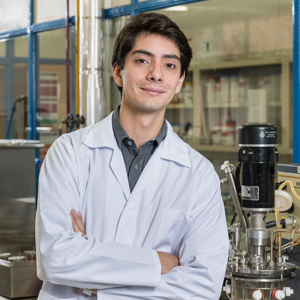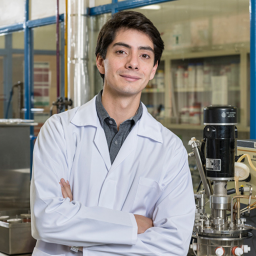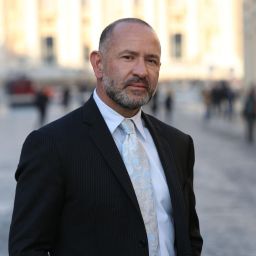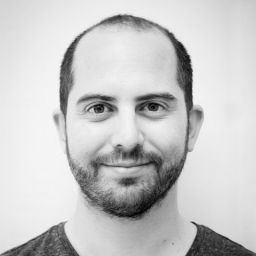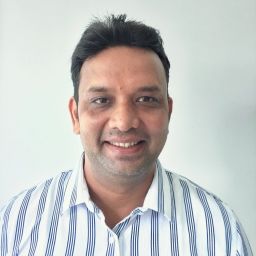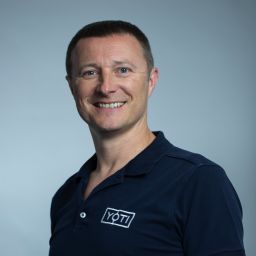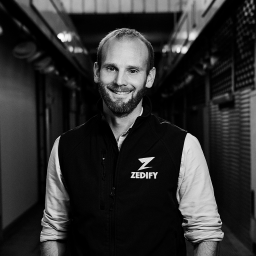Meaningful Business (MB): Can you tell us a bit about the issues you are trying to solve through your work and why you selected them.
Jean-Baptiste Perrin (JBP): At Capgemini, we believe that technology is not a sustainable solution per se but a strong enabler to find impactful solutions.
Capgemini is committed to leveraging technology and innovation to drive forward the sustainability agenda and have organised our work as follows to address what we could call the challenge of our century:
– Our environmental journey: as a tech company, we do not emit as much CO2 emissions as other industries, but we are strongly committed to considerably reducing our carbon footprint internally. Over the last ten years, we have built our internal roadmap to net zero to drastically reduce our carbon footprint and reinvent the way we work and deliver for our clients and partners. Now, we also realise that the biggest impact we could have is by helping our clients – the biggest companies in the world – reduce their emissions, but also helping them go beyond carbon and identifying solutions to reduce their impact on biodiversity, waste, water, and other planetary boundaries – avoiding a carbon tunnel vision.
– Our social impact journey: we believe that the sustainable transition won’t happen without social justice in the first place. For this reason, we are committed to ensuring the digital revolution will be inclusive, and an equal opportunity for everyone. In that context, we are addressing topics such as education, health, well-being, decent economic growth, and gender equality, in line with the SDG framework, to ensure no one is left behind. By addressing social topics, we aim to empower local communities, international organisations, institutions, and NGOs, providing them with the tools and skills they need to overcome social inequality and drive the transition forward.
We conduct all of our initiatives and efforts through human-centric approaches, with an ethical approach to technology solutions, focusing on authenticity and added value with one objective: leveraging technology to build a more inclusive and sustainable future collectively.
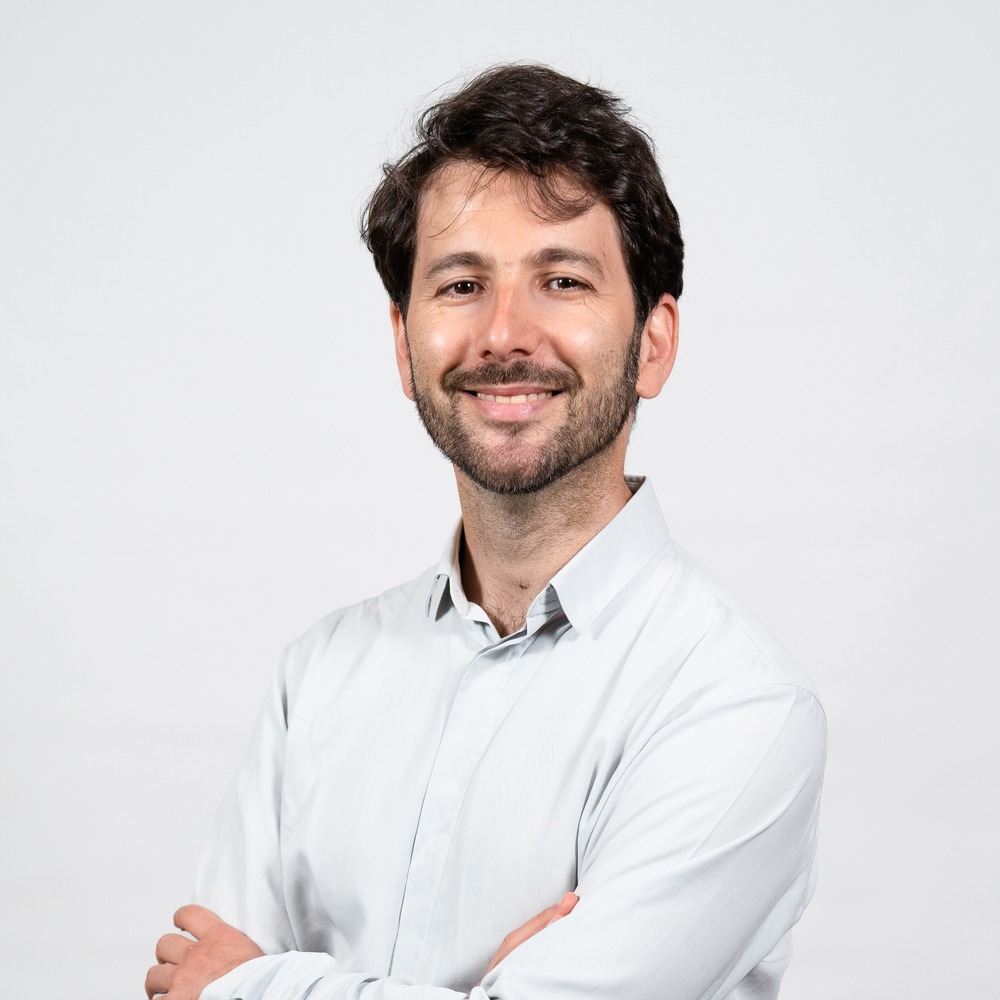
Jean-Baptiste Perrin, VP, Invent for Society Global Leader, Capgemini
MB: How are your programmes tackling those problems, and what impact are you having?
JBP: Being aware that there is no one-size-fits-all solution, we have developed a wide array of expertise to support our clients and partners:
On environmental sustainability, we help our clients plan and reduce their carbon footprint, create circular economy strategies, and design strategies to diversify the energy mix of a company. Our philosophy is to implement customised solutions for our clients, making the project ‘sustainable by default’ both in its development and through delivery. We have defined key metrics to constantly track our impact. These strategies help our clients plan, act, commit, and monitor their sustainability strategy to ensure constant improvements and positive impact.
On social sustainability, we help public organisations, international organisations, start-ups, and not-for-profits develop and deploy strategies and models to deliver impact on various dimensions, leveraging the expertise of our talents and technology to address today’s issues and bring impact at scale. For instance, we work with the World Food Programme to digitise their operation and optimise food distribution and access in rural areas. Another example is we processed the training and deployment of 4,000 digital advisors in France to help digitally excluded individuals.
In both aspects, we track our direct and our indirect impact (e.g. the number of beneficiaries supported through the collaboration) to constantly fine-tune our metrics and strategies.
MB: What is your biggest challenge right now, and what support do you need?
JBP: The biggest challenge for a company of 360,000+ people is to industrialise and coordinate these initiatives and projects to deliver impact at a bigger scale, but also upskill our workforce to provide them with the right set of tools and skills needed to tackle the challenge. Knowing that, we gained the sustainable DNA and culture of newcomers in our Capgemini family, such as Purpose and Synapse – both leading voices on sustainability. We have made tremendous progress, delivering impactful projects across all our geographies and building strong internal networks to coordinate and accelerate our efforts. The younger generation strongly boost these initiatives, being instrumental in constantly challenging and pushing forward to accelerate our efforts and raise our ambition.
MB: How do you work with partners and the wider ecosystem to achieve your mission?
JBP: We acknowledge that there will be no just transition without collective effort. And for that reason, we have, over the last few years, accelerated our collective actions:
– We have joined many coalitions, such as B4IG and WBSCD, among others, leveraging these platforms to collaborate with our clients and partners in co-building and co-deploying innovative solutions at scale
– We relentlessly work and engage with our ecosystem of NGO partners to develop and build solutions which support marginalised local communities
– We strengthen our relationship with global organisations such as the World Climate Foundation to lead conversations and influence the debate on social impact and biodiversity
– We co-develop solutions with our tech partners, to strengthen our offering and facilitate the implementation of sustainable solutions at scale.
MB: What is your ambition for the future of your business?
JBP: At Capgemini, we aim to be the leading company in social and environmental sustainability services, leveraging technology, innovation, and the passion of our people to build tomorrow’s future.
Within Capgemini Invent, the consulting arm of our group, our ambition is to ensure that 50% of the projects delivered to our clients are sustainable by default, addressing either social or environmental issues and delivering positive impact. We want to combine profit, purpose, and impact in everything we do, unleashing the talent of our people to create the future we all want.
MB: How do you measure success?
JBP: We need to go further and deeper. For that, we measure success through selected KPIs:
– The volume of impactful projects we have delivered and their impact
– The level of engagement of our people and the top leadership
– The perception of our ongoing efforts on the market (and especially by youngsters)
We ideally should ask for one last KPI that could be the number of Meaningful Business Leaders that we grow and that could join me in such a fantastic community!
________
Quickfire questions
MB – Tell us a mistake you’ve learned from:
JBP: If you want to have an impact, be yourself and be bold! Don’t ask for permission.
MB – How do you spend your time away from work?
JBP: When I’m done with work #1, the consulting one, I’m always enjoying work #2 : I’ve been teaching at Sciences Po Paris for more than 16 years! I’m also a big sports fan – particularly addicted to biathlon and wheelchair tennis.
MB – What’s the best piece of advice you’ve ever received?
JBP: René Char’s most famous quote was probably the best advice I received at work:
“Impose your chance, hold tight to your happiness and go toward your risk. Looking your way, they’ll follow.”
MB – What is something you wish you were better at?
JBP: Drawing! Sustainability is a matter of credibility. I feel I’m always lacking credibility when I have to map or draw a concept I have in mind. While clear thinking is in fact clear writing, it doesn’t mean clear drawing.
MB – What is the one book everyone should read?
JBP: Philosophy of sustainable development, by Frank Burbage. The book explores the justifications and philosophical implications of sustainable development and what is at stake from an economic, political, moral, but also existential standpoint. My own must-read – in French!
________
Discover the other leaders recognised on the 2022 MB100, for their work combining profit and purpose to help achieve the United Nations Global Goals, here.




